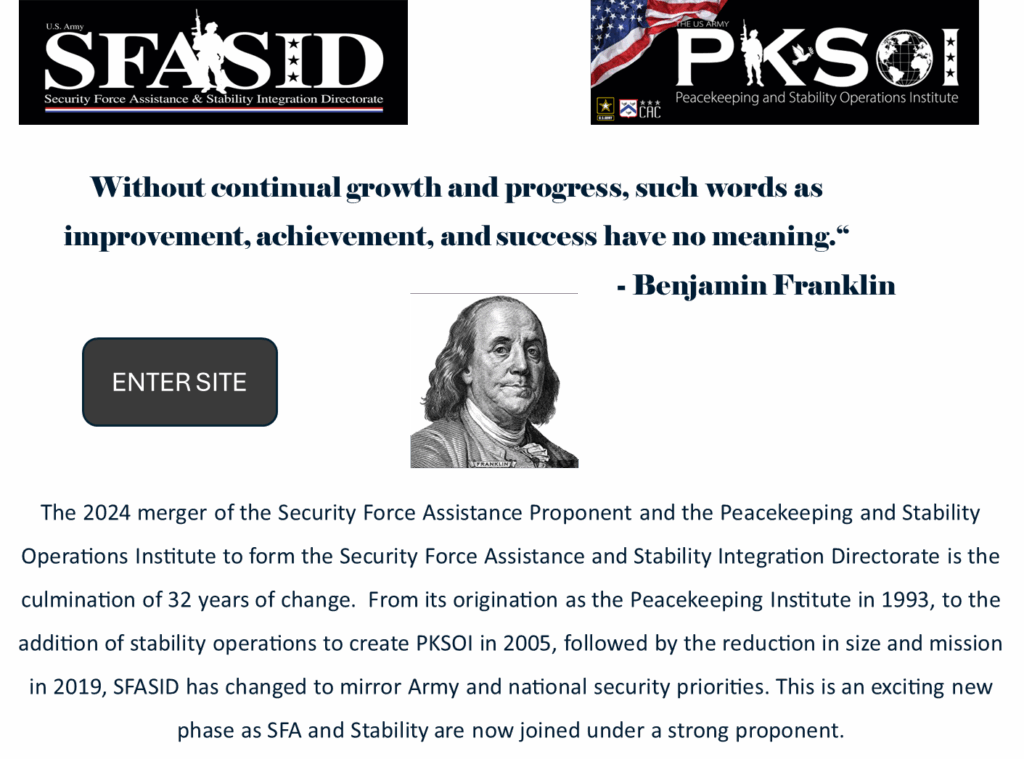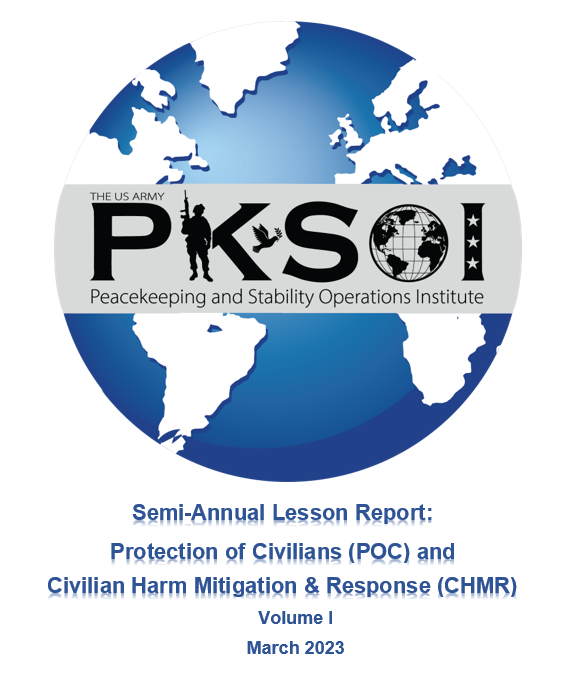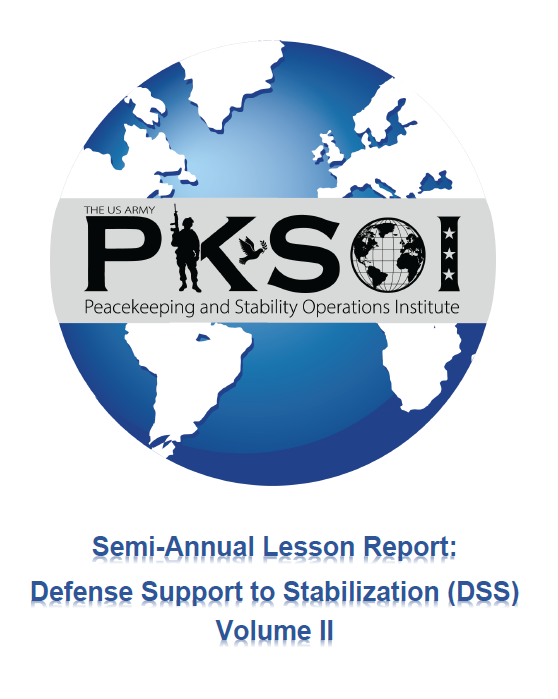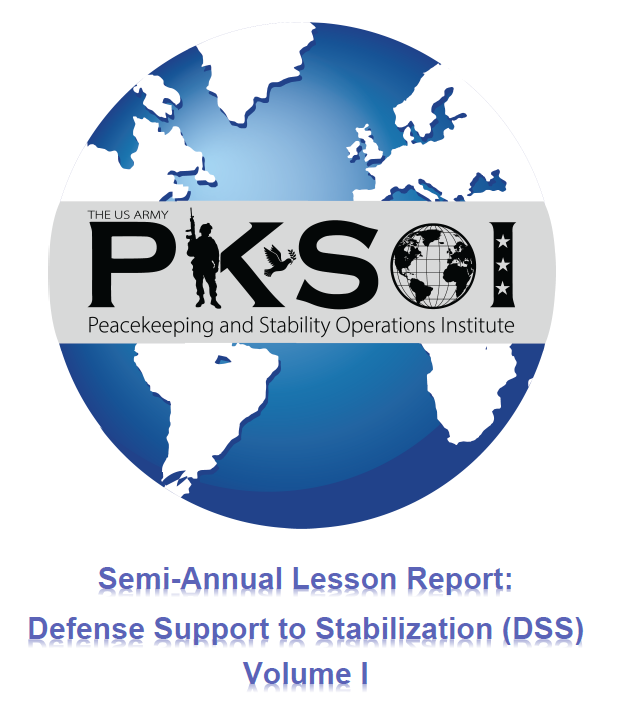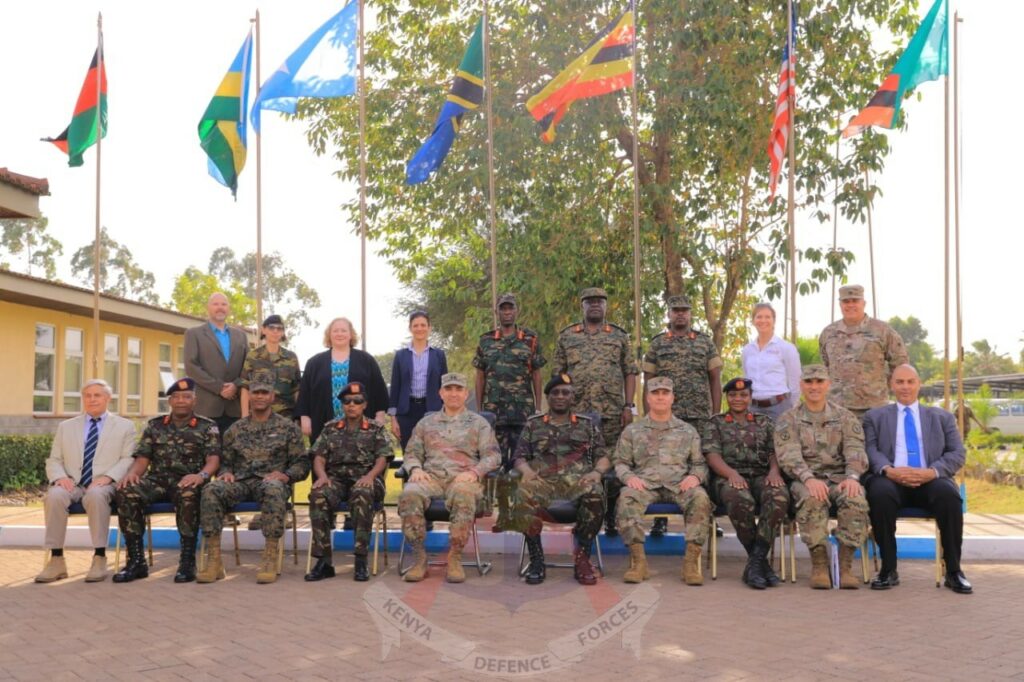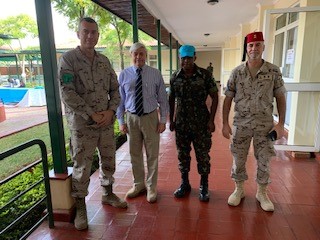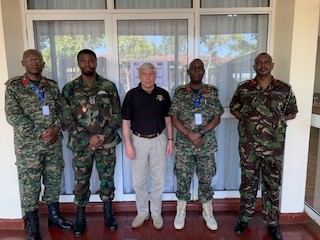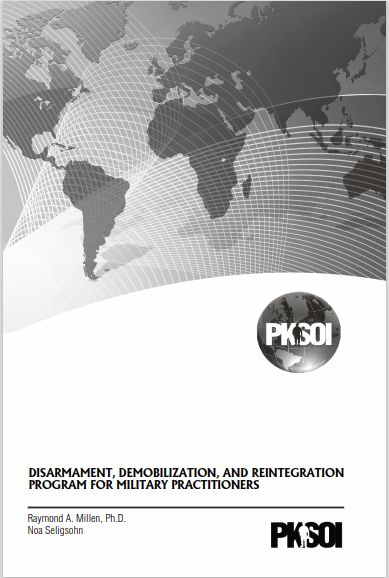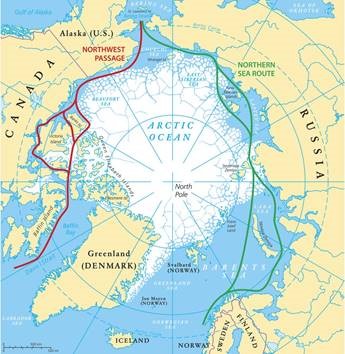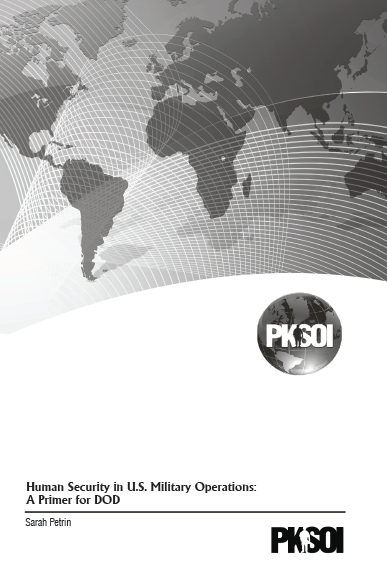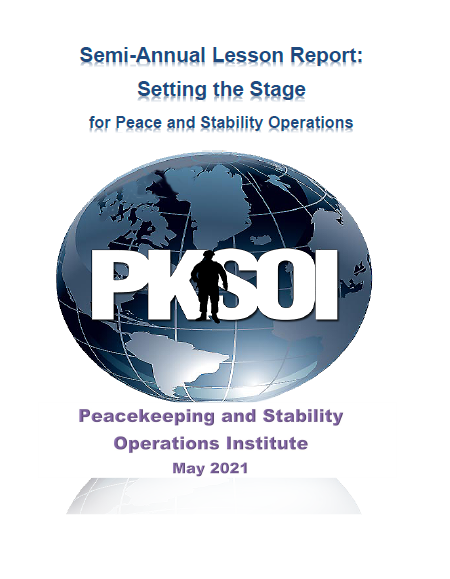Semi Annual Lesson Report: Protection of Civilians (POC) and Civilian Harm Mitigation & Response (CHMR)Volume II
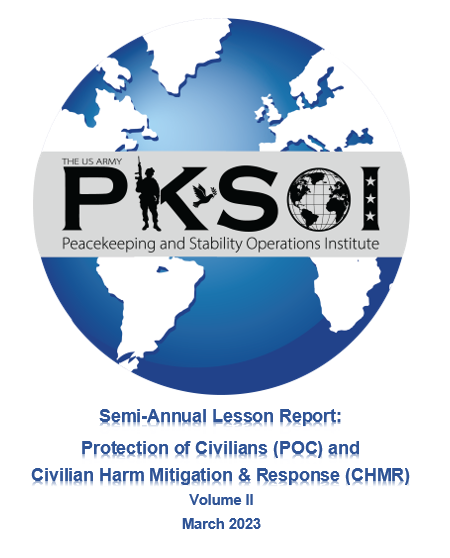
The fighting in Ukraine, initiated a year ago by the Russian invasion, is a daily demonstration of any armed conflict’s impact on resident or neighboring populations. Russia’s war on Ukraine is certainly not the only ongoing armed conflict in the world at this time. However, its ubiquitous imagery promotes near real-time reflection of the nature of war—past, present, and future. That reflection includes a continuing review of the suitability of the laws, policies, and programs designed to protect civilians or, at the least, mitigate the harm to them.
This report (in two volumes) contains Lessons that address the physical integrity of a population. Yet it also includes Lessons connected to many—but not all—the other articulated POC/CHMR concerns regarding the what is protected? question. Volume II of this Lesson collection address other questions: Who is a civilian? and Who does the protecting and the mitigating?
The Russian war in Ukraine, among many other contemporary armed conflicts, challenges that simple definition of civilian. While theoreticians may assert that IHL/LOAC provides for every civilian status contingency, practitioners recognize that the reality of armed conflict—as demonstrated near-daily in Ukraine—complicates the matter.
This Lesson collection is not a comprehensive inventory of all topic areas included in the POC/CHMR discourse. Rather, it is intended to provide both overview and particular insights that may encourage further study. Consequently, the Lessons collected here encompass discussion points that both expand and narrow the discourse.
Click on the links below to read or download this lesson.
